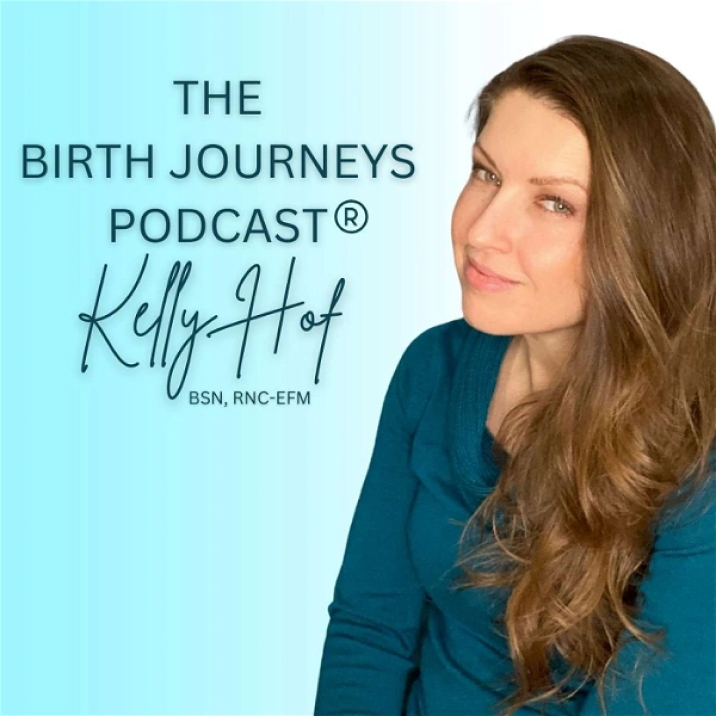Perinatal Mental Health
The perinatal period, spanning from pregnancy through the first year postpartum (and up to 3 years), presents a range of therapeutic concerns that individuals may encounter. While not exhaustive, common issues within this period include:


Additional Important Areas of Concern Can Include:
This phase marks a significant period of transition and adjustment, often accompanied by unforeseen obstacles. I specialize in supporting expecting mothers and parents as they navigate these challenges, assisting them in addressing concerns, and facilitating healing and recovery from potential complications during this critical time.
How I Can Help
We will assess your previous and ongoing symptoms and concerns to develop a plan for skill building, support, and trauma recovery. Additionally, connections will be made to other providers and organizations to ensure you are receiving wraparound care.
Want to Hear More About My Approach to Perinatal Mental Health?
Frequently Asked Questions
Up to 80% of postpartum moms experience the Baby Blues, which sets in around 3 days following delivery and lasts up to 2 weeks. Although moms might experience feelings of sadness and be tearful often, generally the overall feeling experienced is happiness.
A lot of moms struggle with feelings of anger or even rage after having children when they never would have described themselves as an angry person before. Being a mom is incredibly overwhelming emotionally and physically. One of the things we know is moms are constantly bombarded with sensory stimuli, which overwhelms our nervous system (anyone have kids constantly crying, yelling, tv blasting, etc.)? This can result in sensory overload, which can then result in angry outbursts or yelling on our part. I’ve totally been there and there are tools like deep breathing and vagus nerve exercises to help us re-regulate our nervous system. It's also very common for one parent (typically the mother) to become the "default" parent and carry the vast majority of the emotional load and invisible labor. This can also lead to emotional overload due to feeling unsupported and unseen by one's partner. This can cause tension and resentment in the parenting relationship, which in turn can lead to increased rage. This is one of the most common concerns raised by my clients (as well as friends and family), and it takes a lot of work, communication, and boundary setting within one's relationship to try to balance the emotional load.

